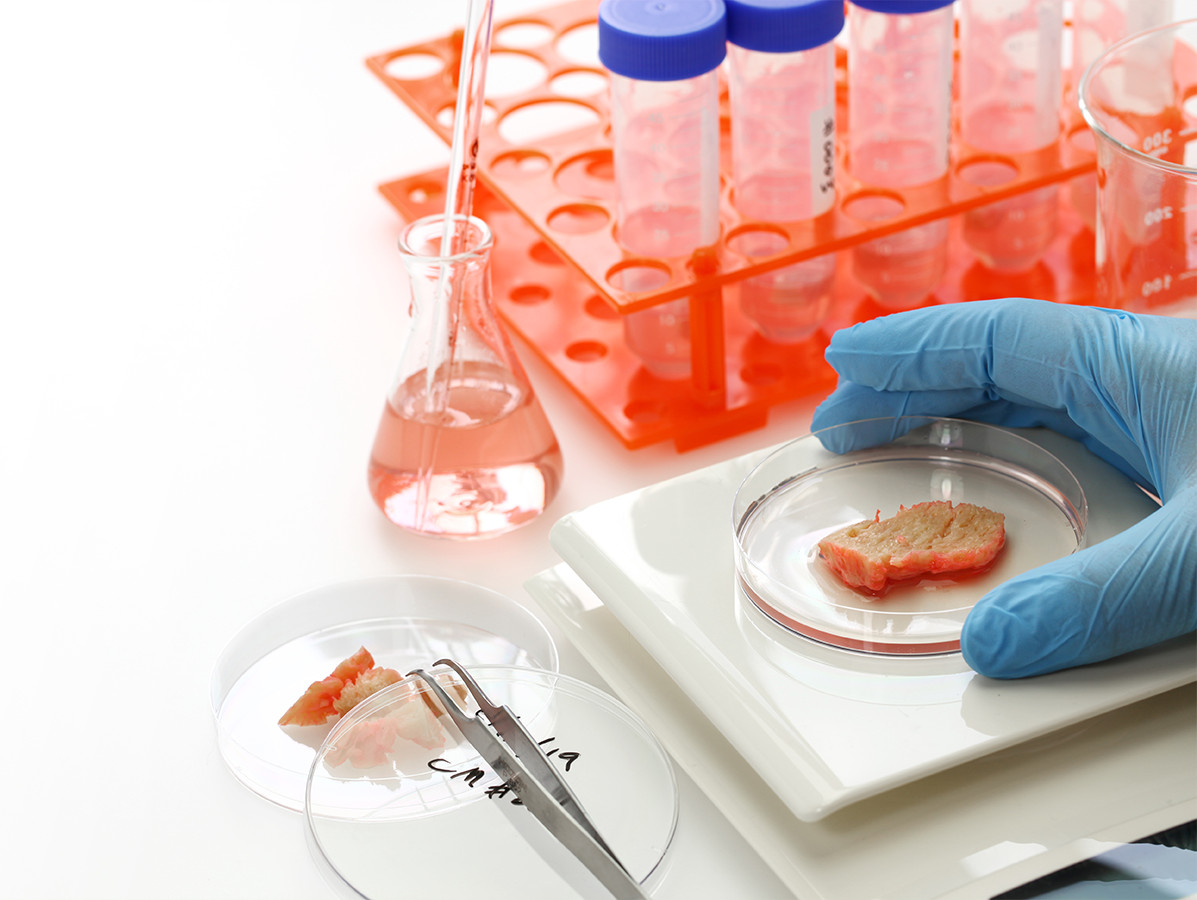We're currently searching through more than 4,000 articles, just a moment's patience...
We're currently searching through more than 4,000 articles, just a moment's patience...

Italy has become the first European Union country to ban the production and sale of lab-grown meat, commonly referred to as 'cultured meat'. This decision, driven by the Italian government's commitment to public health and support of local livestock farmers, marks a significant shift in the EU's approach to modern food technologies.
Alongside the ban on lab-grown meat, the Italian government has introduced stringent naming rules for meat alternatives. Producers are now prohibited from using meat-related terms for plant-based products, meaning labels like 'plant-based salami' or 'vegetarian sausage' are no longer permissible. This step is part of Italy's broader strategy to safeguard its agricultural heritage and food sovereignty.
Globally, cultured meat is regarded as a groundbreaking and potentially more sustainable alternative to traditional meat production, offering benefits in terms of animal welfare and environmental impact. Countries such as Singapore, China, and the United States have already authorized the sale of lab-grown meat. However, within the European Union, the sale of such products is still pending approval, as cultured meat is classified as a 'novel food'. Novel foods in the EU must undergo a rigorous authorization process before they can enter the market. Despite this, numerous European companies are actively investing in cultured meat research, highlighting the evolving debate around this topic within the EU.
Read the entire article.
Source: VILT
Vakblad Voedingsindustrie is a project of b2b Communications BV.
© COPYRIGHT 2025 VOEDINGSINDUSTRIE | ALLE RECHTEN VOORBEHOUDEN
Powered by Wallbrink Crossmedia © 2025
Een abonnement kost € 80,- exclusief 9% BTW per jaar.

We work in accordance with the privacy legislation. After your registration you will receive an e-mail with a confirmation link. Only after you have clicked on this link will you be registered as a recipient of the newsletter. If you can't find the e-mail in your inbox, please also look at unsolicited e-mail.


Lorem ipsum dolor sit amet, consectetuer adipiscing elit. Aenean commodo ligula eget dolor. Aenean massa. Cum sociis natoque penatibus et magnis dis parturient montes, nascetur ridiculus mus. Donec quam felis, ultricies nec





